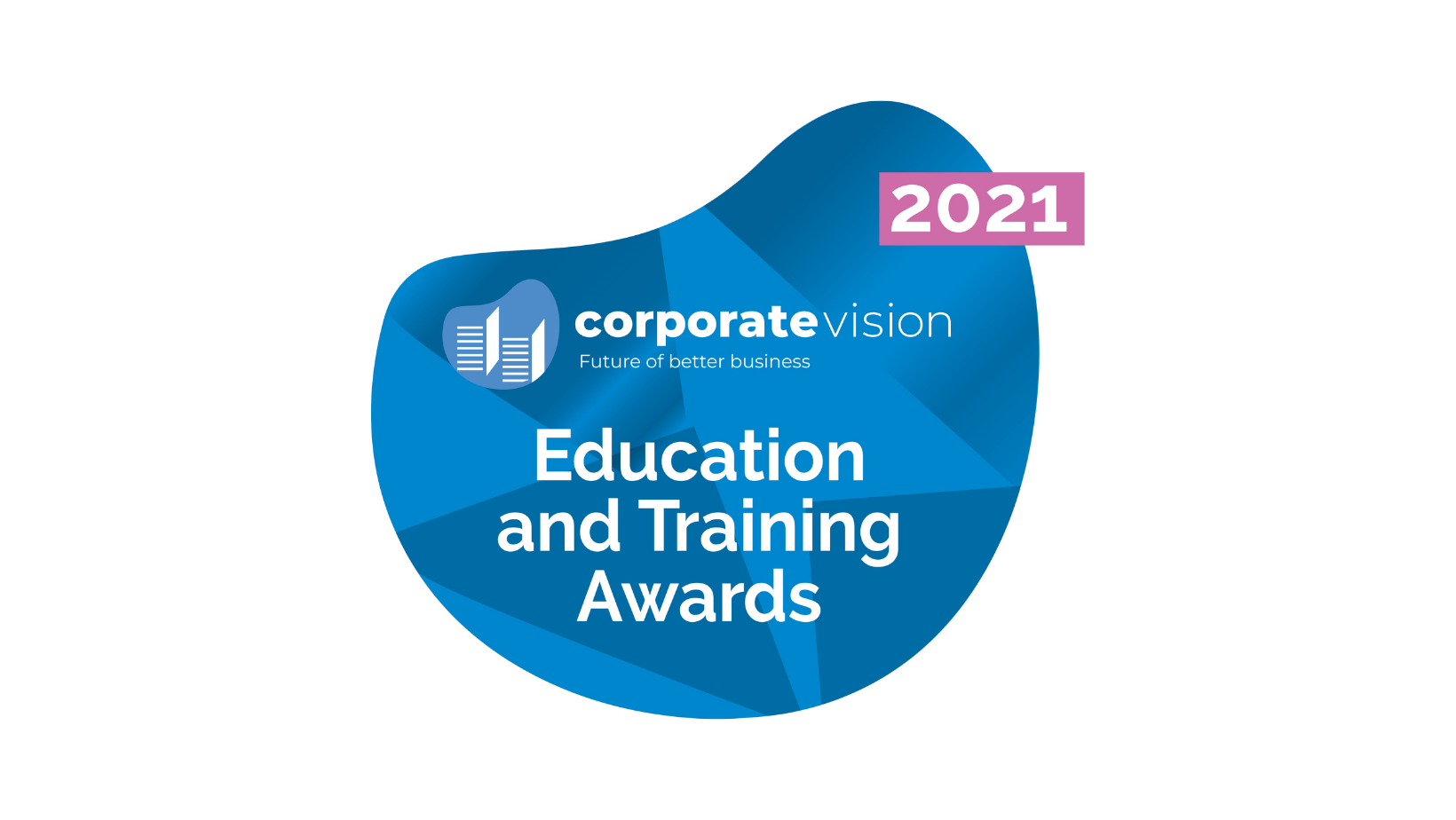In this section we have put together some FAQs based on our experience of helping learners understand some the key facts of work-based learning – please take a look in the categories and if you can’t see the answer you require, please get in contact with our friendly team today.
Haddon Training’s traineeship programmes provide an introduction into the world of work and little to no experience is required. You must have a strong desire to learn and will still need to study English and maths if you haven’t already achieved a level 2 in these areas (GCSE grade A*-C or grade 4 or above).
Traineeships with Haddon Training are available in England but not currently in Wales.
When looking to undertake an apprenticeship with us we would advise that you should have some basic experience in the field that you are applying (this can be personal experience and doesn’t have to be knowledge of working in a business environment). This allows you to grow and expand your experiences whilst learning everything it takes to work in a commercial environment. You will also need to study English and maths if you haven’t already achieved a level 2 in these areas (GCSE grade A-C or grade 4 or above) and will work towards achieving a Functional Skills Level 2 qualification in these areas as part of your apprenticeship.
This section details answers of some of the common questions we receive surrounding employment rights.
Working Hours – If you are aged between 16 or 17, the maximum weekly hours you can work is 40 hours. You must only work 5 days a week and receive two consecutive days off each week. If you are aged over 18 years old, the maximum hours you can work each week is 48 hours. You must have one day off per week or two days off per fortnight in line with the Working Time Directive. A trainee does not have the same rights as an apprentice because you are on a work placement and therefore not employed by a business, but the hours in which you work are still covered by the Working Time Directive.
If you have more questions on traineeships please read our Traineeships Overview or contact our team who will be happy to help.
The below information reflects the employment rights of apprentices:
Pay – You must be paid at least the National Minimum Wage (NMW) rate for an apprentice – if you are not sure of the applicable amount, please check details here or directly on the government website. (Please note this amount is reviewed annually by the government and adjusted accordingly). Money cannot be deducted from an apprentice’s salary for apprentice training.
Contract – All employers will need to make sure there is a signed contract of employment or written terms on the day that you start work. In order to take an apprenticeship, you must be employed – you cannot be self-employed to do this.
If you would like us to help you to find an apprenticeship position you can apply online via our application form. Once received our dedicated team will be in touch via phone or email to discuss the application before advising on any suitable roles.
If you would like to look at our available vacancies you can use the search engine on our vacancies pages to see what we are currently offering. You can then apply for any roles that are of interest. You can also apply before finishing school but you will need to get in touch with us directly around a month before you finish school. Please note that we cannot guarantee that the vacancies we have live on our system now will still be available when you have finished school.
If you are already volunteering or working for an employer and they are happy for you to start a traineeship or apprenticeship we can also organise this for your employer – just get in touch and let us know.
Haddon Policies – we have a page dedicated to policies covering our approach to the subjects below plus more. If you have any specific questions please don’t hesitate to contact us.
- Child protection and safeguarding
- Health and Safety
- Environment
- Anti Bullying and Harassment
- Data protection
- Complaints
- Code of conduct
Cyberbullying – https://www.vpnmentor.com/blog/the-ultimate-parent-guide-for-child-internet
If you would like to find out more about apprenticeships please visit the government website
- Frequently asked questions
In this section we have put together some FAQs based on our experience of helping learners understand some the key facts of work-based learning – please take a look in the categories and if you can’t see the answer you require, please get in contact with our friendly team today.
- Experience
Haddon Training’s traineeship programmes provide an introduction into the world of work and little to no experience is required. You must have a strong desire to learn and will still need to study English and maths if you haven’t already achieved a level 2 in these areas (GCSE grade A*-C or grade 4 or above).
Traineeships with Haddon Training are available in England but not currently in Wales.
When looking to undertake an apprenticeship with us we would advise that you should have some basic experience in the field that you are applying (this can be personal experience and doesn’t have to be knowledge of working in a business environment). This allows you to grow and expand your experiences whilst learning everything it takes to work in a commercial environment. You will also need to study English and maths if you haven’t already achieved a level 2 in these areas (GCSE grade A-C or grade 4 or above) and will work towards achieving a Functional Skills Level 2 qualification in these areas as part of your apprenticeship.
- Employment
This section details answers of some of the common questions we receive surrounding employment rights.
Working Hours – If you are aged between 16 or 17, the maximum weekly hours you can work is 40 hours. You must only work 5 days a week and receive two consecutive days off each week. If you are aged over 18 years old, the maximum hours you can work each week is 48 hours. You must have one day off per week or two days off per fortnight in line with the Working Time Directive. A trainee does not have the same rights as an apprentice because you are on a work placement and therefore not employed by a business, but the hours in which you work are still covered by the Working Time Directive.
If you have more questions on traineeships please read our Traineeships Overview or contact our team who will be happy to help.
The below information reflects the employment rights of apprentices:
Pay – You must be paid at least the National Minimum Wage (NMW) rate for an apprentice – if you are not sure of the applicable amount, please check details here or directly on the government website. (Please note this amount is reviewed annually by the government and adjusted accordingly). Money cannot be deducted from an apprentice’s salary for apprentice training.
Contract – All employers will need to make sure there is a signed contract of employment or written terms on the day that you start work. In order to take an apprenticeship, you must be employed – you cannot be self-employed to do this.
- Applications
If you would like us to help you to find an apprenticeship position you can apply online via our application form. Once received our dedicated team will be in touch via phone or email to discuss the application before advising on any suitable roles.
If you would like to look at our available vacancies you can use the search engine on our vacancies pages to see what we are currently offering. You can then apply for any roles that are of interest. You can also apply before finishing school but you will need to get in touch with us directly around a month before you finish school. Please note that we cannot guarantee that the vacancies we have live on our system now will still be available when you have finished school.
If you are already volunteering or working for an employer and they are happy for you to start a traineeship or apprenticeship we can also organise this for your employer – just get in touch and let us know.
- Useful links
Haddon Policies – we have a page dedicated to policies covering our approach to the subjects below plus more. If you have any specific questions please don’t hesitate to contact us.
- Child protection and safeguarding
- Health and Safety
- Environment
- Anti Bullying and Harassment
- Data protection
- Complaints
- Code of conduct
Cyberbullying – https://www.vpnmentor.com/blog/the-ultimate-parent-guide-for-child-internet
If you would like to find out more about apprenticeships please visit the government website
News

Progressing Your Career
We recently spoke to apprentice Ellie-May Penny-Larter, who is using her apprenticeship training to progress her career within the NHS. MORE

Exciting plans to grow and expand Haddon Training
In December 2021 Haddon Training underwent an exciting transition to become part of the Educ8 Group with plans to grow and expand. MORE

We've won!
We're delighted to announce we have won this year’s Corporate Vision Awards. MORE

Celebrating the NHS, Social Care & Frontline Worker’s Day.
Georgey completed his Level 3 Business Administrator Apprenticeship in the NHS GWH, read about his experience and learning journey. MORE

